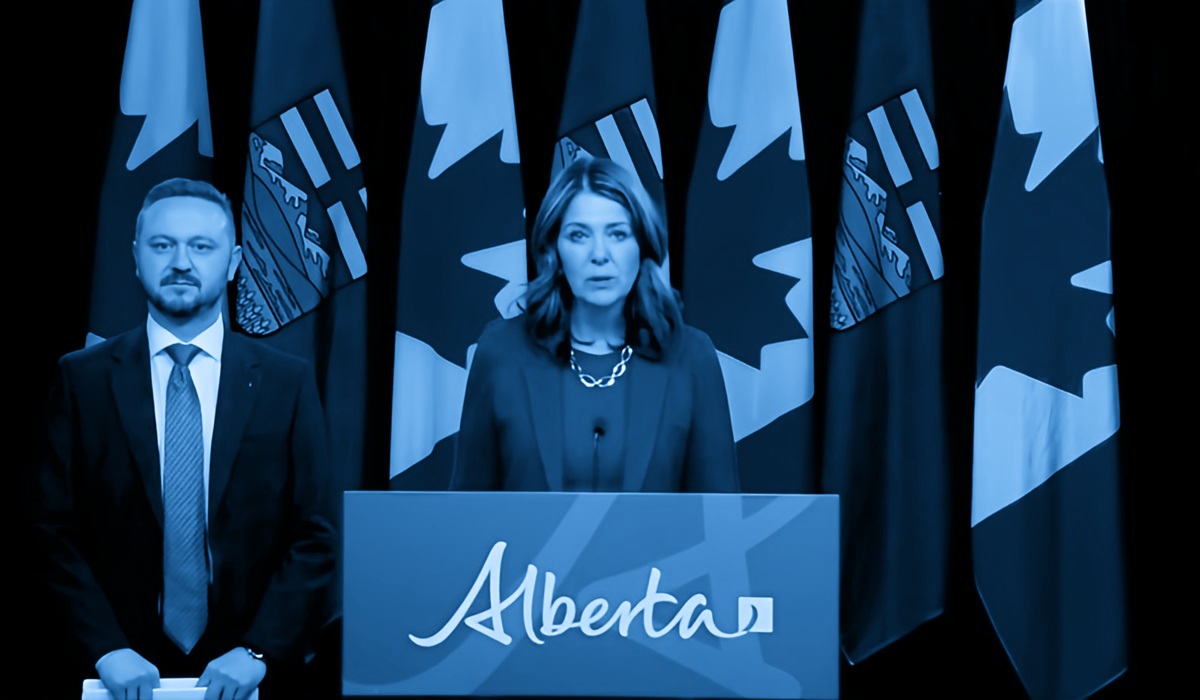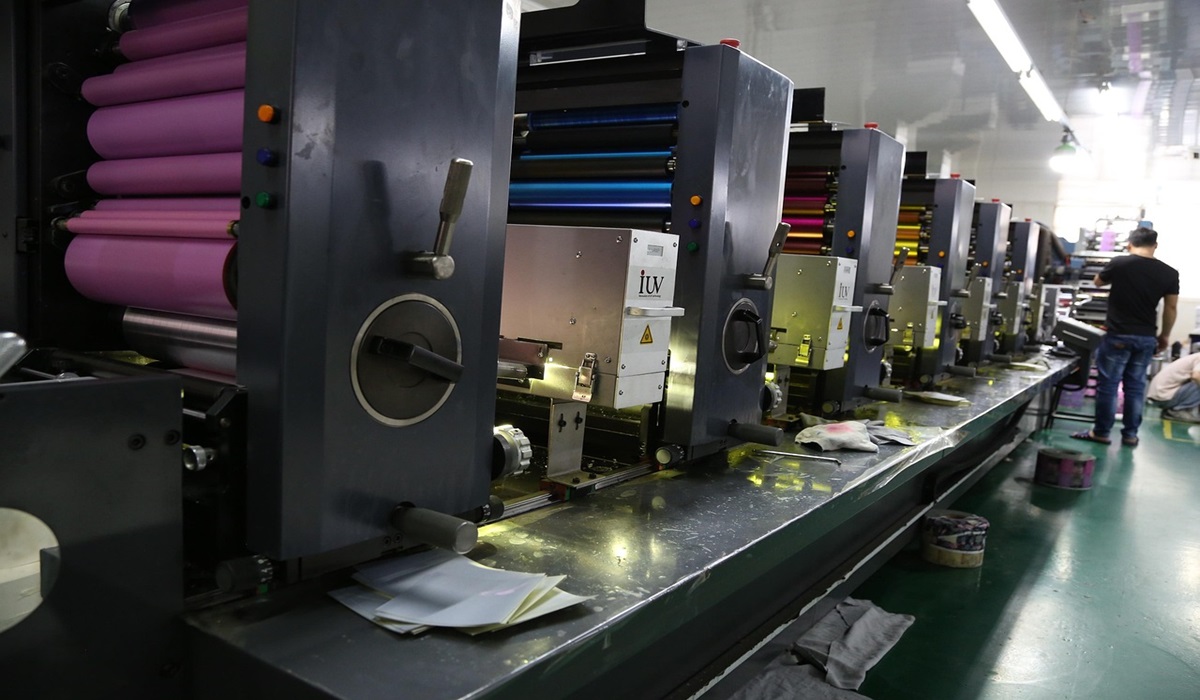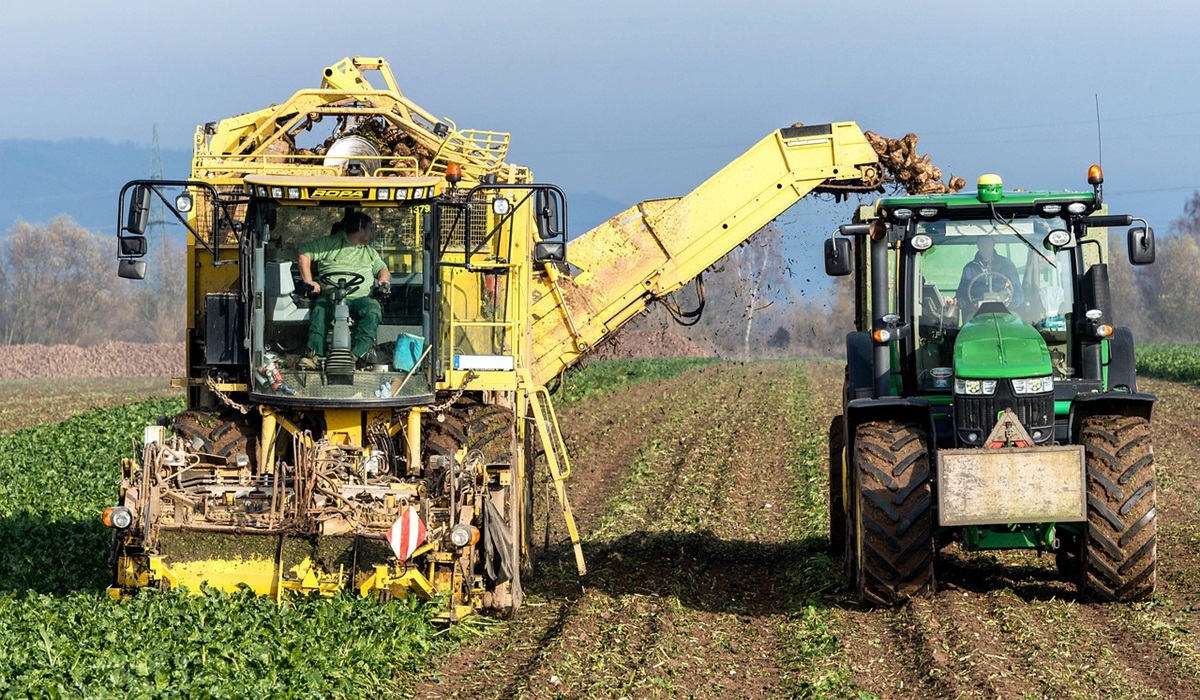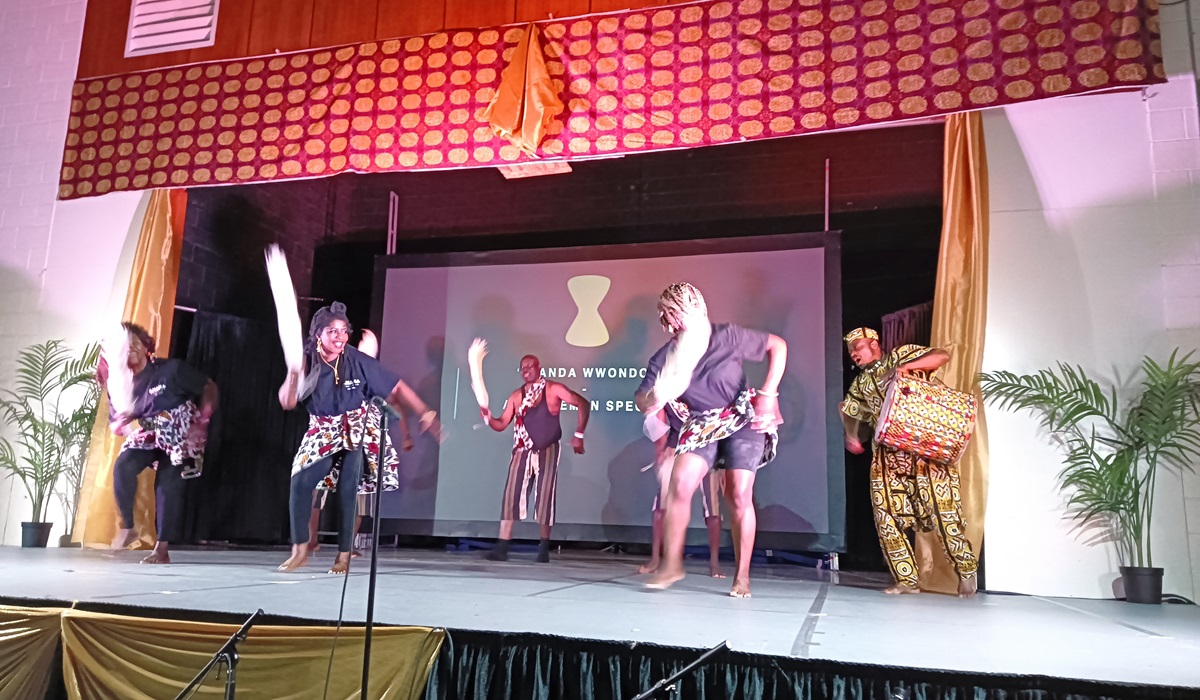Danielle Smith’s Election Law Overhaul: Solution in Search of a Problem?
- Naomi Dela Cruz
- Western Canada
- April 30, 2025

Premier Danielle Smith’s government is pushing ahead with a sweeping overhaul of Alberta’s voting laws, introducing the Election Statutes Amendment Act, a piece of legislation billed as a bold step to ensure fairness, security, and democratic accountability. The premier insists Albertans “deserve elections that are fair, secure, and reflect the true will of the people.” But here’s the catch: Albertans weren’t demanding this.
There is no great scandal of mass voter fraud in Alberta. There hasn’t been a dramatic collapse in public trust in the electoral process. Not once in recent memory—under Smith’s leadership or her predecessors’—has there been widespread public unrest about voting systems. So why is the government suddenly so eager to “fix” what isn’t broken?
The answer may lie in politics, not principle.
Smith remains a polarizing and popular figure, but the specter of a resurgent Alberta NDP, now led by the charismatic and widely respected former Calgary mayor Naheed Nenshi, has fundamentally changed the equation. Smith is no longer guaranteed smooth sailing toward re-election. Instead, she’s preparing for war—and the Election Statutes Amendment Act is her battle plan.
The legislation reads like a blend of populist messaging and strategic engineering. On the surface, it delivers classic conservative talking points: eliminating electronic tabulators and requiring hand counts, banning vouching at polls, and tightening rules around unofficial vote counts. The justification is “election integrity,” but critics argue it’s an imported paranoia—more red meat for the base than a response to real risk. After all, Alberta has not experienced a single known case where these measures would have made a meaningful difference in past elections.
But the real political landmine in the bill is its move to allow corporate and union donations once again—an explosive reversal of Alberta’s previous ban on big-money contributions. It’s a decidedly American-style power play, one that could usher in massive campaign war chests fueled by interest groups, industry players, and deep-pocketed allies. Given the province’s conservative corporate leanings, it’s clear who stands to benefit in the short term: the United Conservative Party.
Yet Smith may be playing with fire. While this amendment could unleash a flood of financial support for her party, it also opens the floodgates for opposition funding. Nenshi, with his wide appeal and moderate stance, could become a magnet for progressive donors and labor unions eager to counterbalance the UCP’s advantage. Smith might win the fundraising battle but lose the war if this polarizes the electorate further or backfires by energizing her opponents’ base.
Other elements of the bill reflect a growing distrust in modern voting systems that, while politically useful, may create more logistical headaches than solutions. Banning voting machines and hand-counting all ballots may sound noble, but it raises concerns about accuracy, human error, and delays in tight contests. Requiring people to vote only in their home riding or apply for special ballots adds another layer of friction to the process, potentially discouraging participation.
To her credit, Smith is also proposing to expand access to special ballots, especially for people with disabilities, and to improve First Nations and Métis participation in referenda and Senate elections. These are worthwhile additions that deserve praise. But they are overshadowed by a political move that feels more about safeguarding power than empowering voters.
The bill also tweaks two relatively obscure democratic tools: recall and citizen initiatives. By lowering the signature threshold for recall petitions and expanding the timeframe for collecting names, the government is making it easier for citizens to attempt to oust elected officials between elections. It’s a move that looks good on paper but could be weaponized in today’s hyper-partisan climate. Similarly, the 10% signature threshold for citizen-led initiatives could sound like empowerment, but it risks creating more noise than meaningful policy shifts.
All of this arrives as Alberta heads toward its next provincial election in 2027. The political landscape is shifting fast. Nenshi’s entry into the race has scrambled the field, forcing Smith to recalibrate her strategy. This amendment act may help her consolidate her support among the party faithful, but it also signals that the UCP is worried enough to reshape the very rules of the game.
And that’s the real story here: a government, unsure of its footing, changing the playbook mid-match. Smith says it’s about fairness. But when no one was complaining, when the system wasn’t failing, and when democracy was working just fine, this sudden drive to rewrite the electoral rules looks more like a preemptive strike than a principled reform.
Albertans deserve a voting system that reflects the will of the people, not the fears of those in power. This amendment act risks creating division where none existed, stirring up doubts in a process that was never in question. It may ultimately prove to be a dangerous overreach that undermines the very confidence it claims to protect.
Will this embolden her supporters or drive the undecided into Nenshi’s camp? That remains to be seen. But one thing is certain: Alberta’s next election won’t just be about policies. It will be about the rules of democracy itself.








